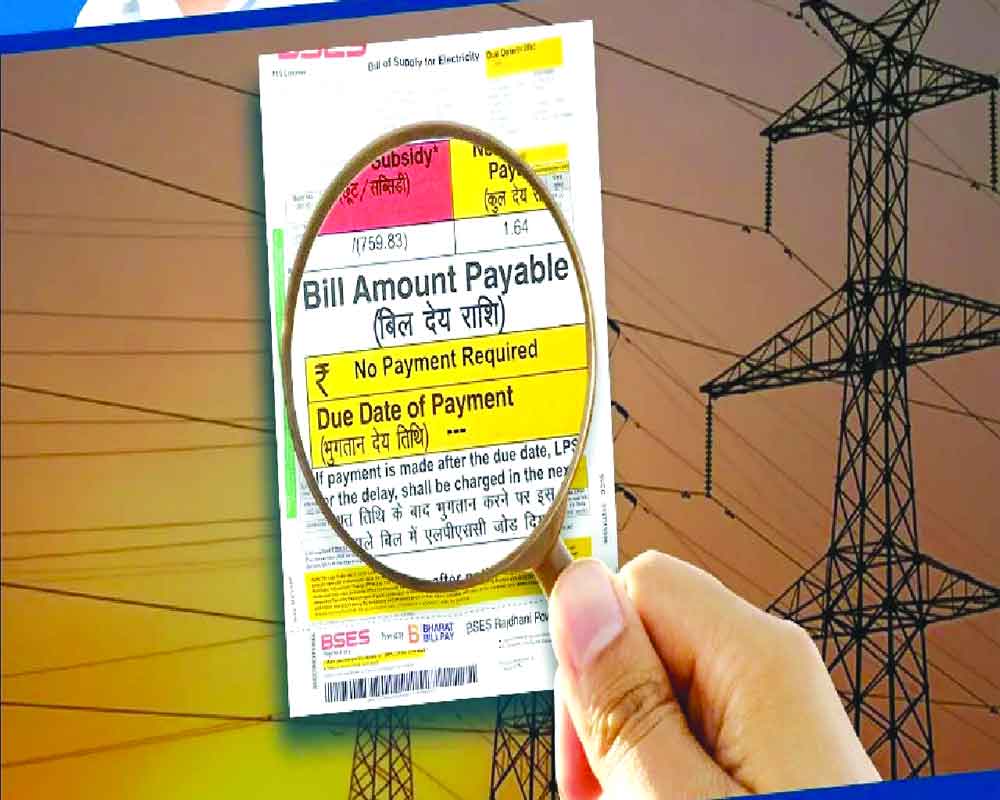Freebie culture is a political disease and has to be cured politically. There is no need to involve the judiciary in it
There is something odd about Bharatiya Janata Party leader Ashwini Upadhyay’s petition in the Supreme Court urging it to restrain parties from distributing “irrational freebies” before elections. Did he raise the issue at any of the party’s forums? Or elsewhere? Besides, what political parties do before or during poll campaigns is, or should be, a matter among them. Why drag the highest court into that? On Wednesday, the Supreme Court suggested a panel comprising members from the Niti Aayog, the Finance Commission, ruling and Opposition parties, the Reserve Bank of India (RBI), and other stakeholders. The court also sought the views of senior counsel, Rajya Sabha member, and former law minister Kapil Sibal. Politicians are often unable to sort out political matters, so they seek judicial assistance. But then they also grumble about judicial overreach or hyper-activism. Worse, they are unable even to act on matters of national interest. One need not be an economist to know that freebies are dangerous not just for public finance but also the economy and even polity; and yet no political party is able or willing to take a principled stand against them. On July 16, Prime Minister Narendra Modi spoke against what he termed as the “revdi culture.” He correctly pointed out that this is “very dangerous” for economic development. At the level of states, the danger is acquiring alarming dimensions, as governments under all parties indulge in mindless populism and offer freebies with impunity.
It was, however, not the first time that attention was drawn to this phenomenon. A couple of weeks before the Lok Sabha election results were announced, RBI Governor Shaktikanta Das had expressed concern over states’ fiscal profligacy. An RBI report, in November 2021, highlighted the same thing. It said that in recent years, states’ outstanding debt showed a gradual upward movement due to implementation of Ujjwal Discom Assurance Yojana (UDAY), farm loan waivers, and economic slowdown in 2019-20, all leading to rising debt-GSDP ratio. GSDP is to a state what GDP is to a country. In April this year, NK Singh, chairman of the 15th Finance Commission, pointed out that both the economics and politics of freebies are deeply flawed. It is a “race to the bottom” and “a quick passport to fiscal disaster.” Unfortunately, the economics and politics of freebies and populism continue unabated. They cost money and have consequences, one of them being costlier petroleum products. Hurling allegations and counter-allegations at each other all the time doesn’t do any good to anyone, surely not to the nation. Instead of scoring brownie points, all political parties should chalk out red lines of populism that they pledge not to cross. They can do it without seeking the assistance of the judiciary. For this, something that is dead or dying needs to be resuscitated—meaningful dialogue across party lines. Only this can stop the race to the bottom.


























